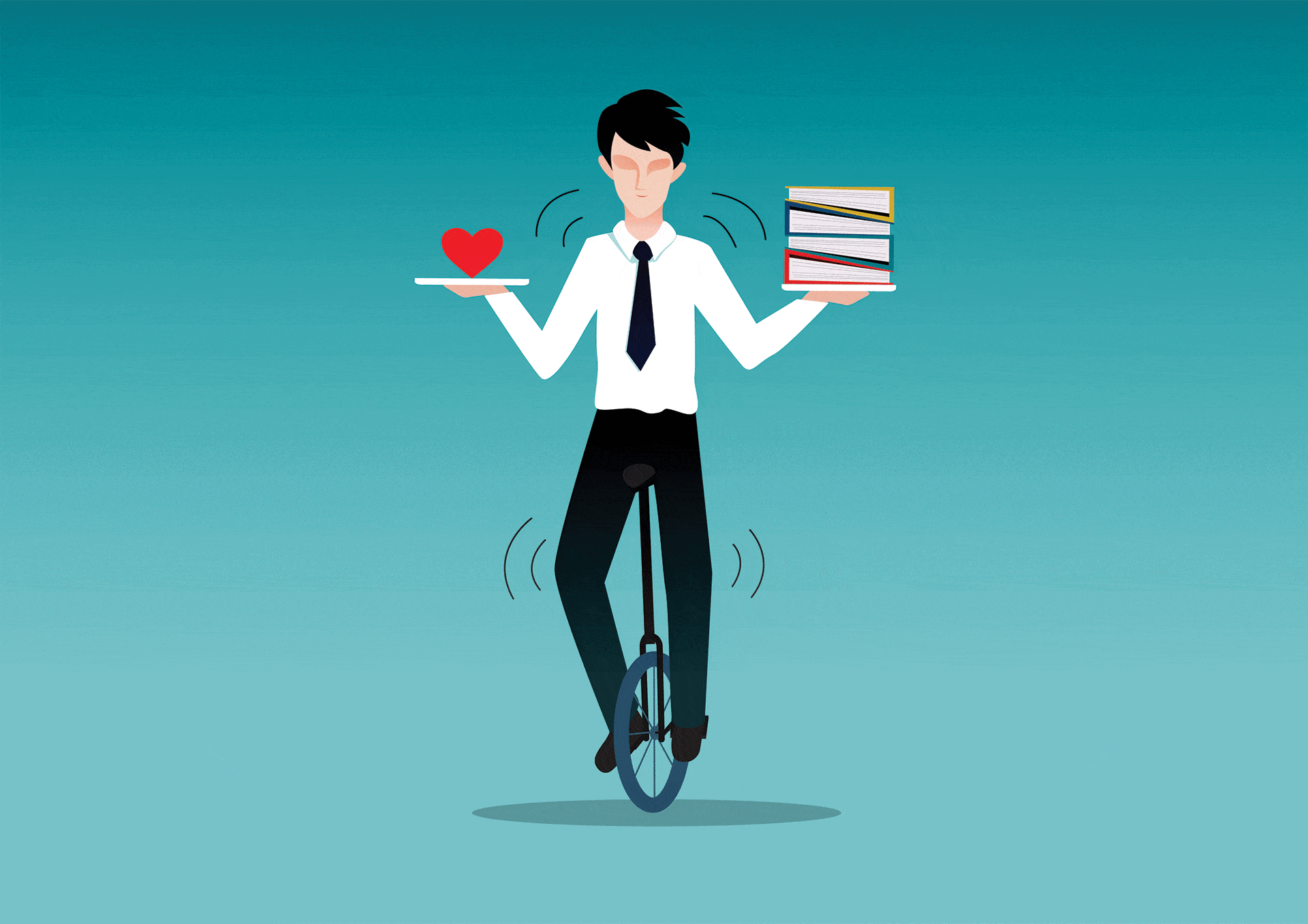Title: The Art of Productivity: Hacks for a More Efficient and Fulfilling Day
Introduction:
In a world filled with distractions and demands, mastering the art of productivity has become a valuable skill. This article explores practical hacks and strategies to enhance efficiency, streamline tasks, and cultivate a sense of fulfillment throughout the day. Whether you’re a student, professional, or anyone seeking a more purposeful daily routine, these productivity hacks can transform the way you approach your responsibilities.
Understanding Productivity:
1. Defining Productivity:
- Efficiency and Output: Define productivity as the efficient use of time and resources to maximize output.
- Balancing Tasks: Emphasize that productivity isn’t just about doing more but also about doing what truly matters.
2. The Productivity Paradox:
- Quality vs. Quantity: Discuss the misconception that productivity solely equates to quantity, highlighting the importance of quality work and meaningful accomplishments.
- Burnout Prevention: Address the risk of burnout when productivity is pursued without considering well-being.
Time Management Strategies:
3. Prioritization Techniques:
- Eisenhower Matrix: Introduce the Eisenhower Matrix for categorizing tasks based on urgency and importance.
- Time Blocking: Advocate for time blocking, allocating specific blocks of time for different types of tasks to enhance focus and efficiency.
4. The Pomodoro Technique:
- Work-Break Cycles: Explain the Pomodoro Technique, involving short, focused work intervals (typically 25 minutes) followed by brief breaks.
- Maintaining Focus: Discuss how this technique helps maintain focus by breaking tasks into manageable, concentrated segments.
Organization and Planning:
5. Digital Tools and Apps:
- Task Management Apps: Explore the use of task management apps for organizing to-do lists, setting reminders, and tracking progress.
- Calendar Integration: Emphasize the benefits of integrating calendars with task management tools for a holistic view of commitments.
6. The Power of Lists:
- Daily Lists: Encourage the creation of daily to-do lists, prioritizing tasks based on importance and ticking them off for a sense of accomplishment.
- Brain Dumping: Suggest a weekly or monthly “brain dump” to offload all tasks and ideas, organizing them later into actionable items.
Mindset and Well-Being:
7. Mindfulness Practices:
- Mindful Breathing: Introduce mindfulness practices, such as mindful breathing, to center the mind and reduce stress.
- Single-Tasking: Discuss the benefits of single-tasking—focusing on one task at a time—to enhance concentration and efficiency.
8. Goal Setting:
- SMART Goals: Advocate for setting SMART goals (Specific, Measurable, Achievable, Relevant, Time-Bound) to provide clarity and motivation.
- Short-Term and Long-Term: Encourage a balance between short-term tasks and long-term goals for a sense of direction and purpose.
Continuous Improvement:
9. Reflect and Iterate:
- Daily Reflection: Stress the importance of daily reflection to assess what worked well, what could be improved, and how to adjust strategies.
- Iterative Approach: Emphasize that productivity is an evolving process, and individuals should be open to adjusting their methods based on personal preferences and changing circumstances.
10. Personalizing Productivity:
- Individual Rhythms: Highlight the significance of understanding individual energy rhythms and aligning tasks with peak energy levels.
- Trial and Error: Encourage experimentation with various productivity hacks to identify what works best for each person.
Conclusion:
The art of productivity is not about fitting more into your day but about creating a balance that aligns with your goals and well-being. By incorporating these productivity hacks—prioritizing tasks, optimizing time management, fostering a positive mindset, and embracing continuous improvement—you can transform your daily routine into a more efficient, fulfilling, and purposeful experience. Remember, productivity is not a destination; it’s a journey of continuous refinement and growth.
